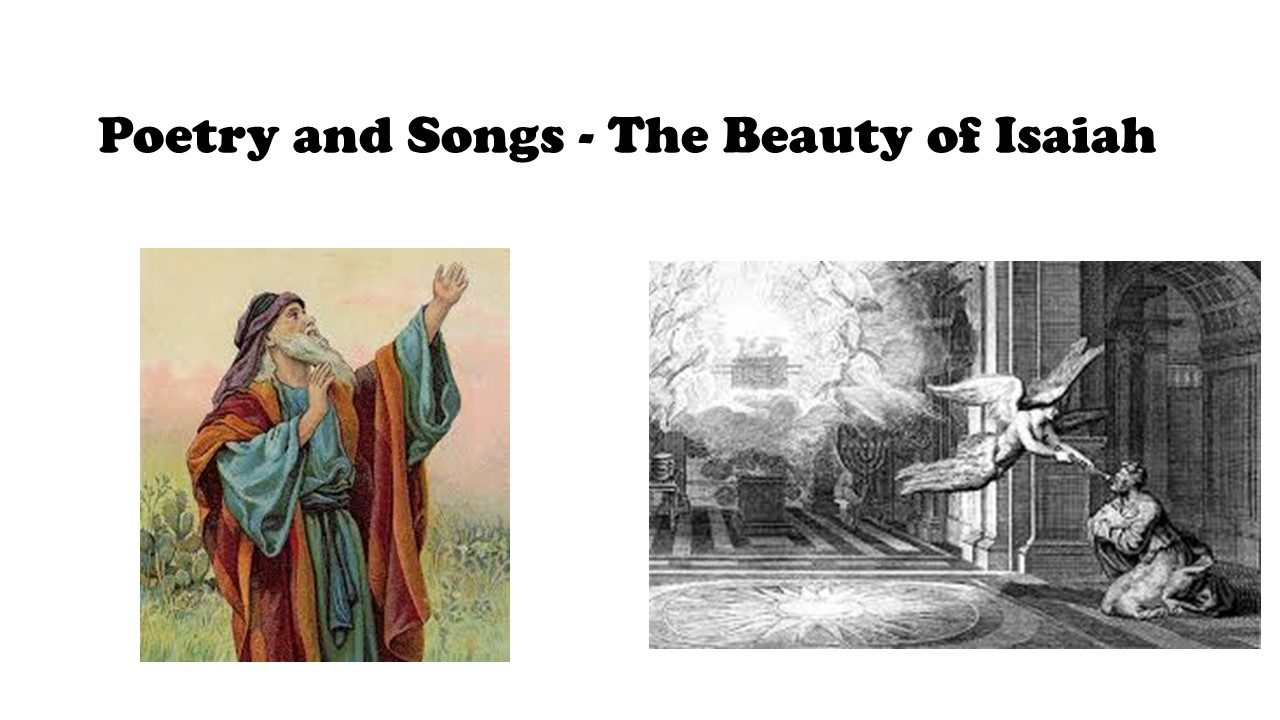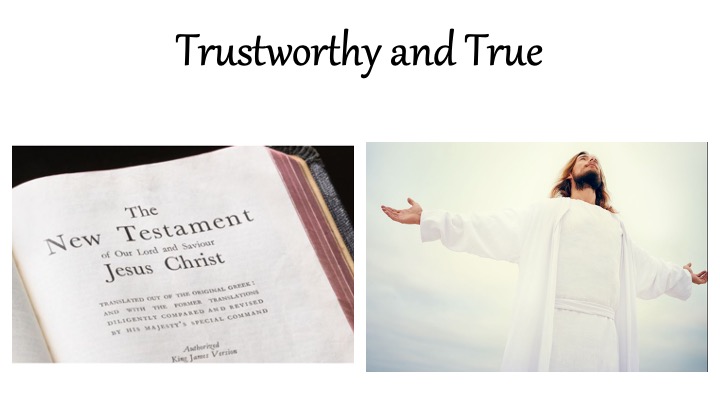As Paul, Silas, and Timothy approached Thessalonica, the city’s vibrant atmosphere contrasted sharply with the rugged Macedonian landscape they had just traversed. The city was a hub of commerce and culture, bustling with activity and diverse populations. Despite the lively surroundings, Paul sensed the challenges ahead, knowing that Thessalonica’s strategic importance also made it a place of potential resistance to the Gospel.
Upon arriving, Paul immediately focused on the synagogue, where he began preaching to the Jewish community. Over the course of three Sabbaths, Paul passionately presented the case for Jesus as the long-awaited Messiah, drawing on familiar scriptures to reveal how Christ fulfilled the prophecies. His message stirred the hearts of many, leading some to embrace the new faith. However, Paul’s teachings also sparked tension and opposition among others, who felt threatened by this radical new interpretation of their traditions.
As Paul’s message spread beyond the synagogue, the opposition grew more intense. A mob, incited by those resistant to his teachings, descended on Jason’s house, where Paul and his companions were staying. Realizing the danger, Paul, Silas, and Timothy fled the city under the cover of darkness, leaving behind a fledgling church that would have to stand firm in the face of persecution. Paul’s heart was heavy with concern for the new believers, but he trusted that God would protect and strengthen them as they continued the work he had begun.

The prophetic writings of Isaiah stand as a masterpiece of both theological and literary significance. Renowned for its vivid imagery and profound metaphors, Isaiah’s...

In Highly Favored: Part 5, twelve-year-old Mary immerses herself in the Scriptures at the synagogue in Sepphoris, where the rabbis discuss the long-awaited Messiah....

Why should we trust that the 27 books that have come to constitute the New Testament are the infallible, inspired Word of God? While...